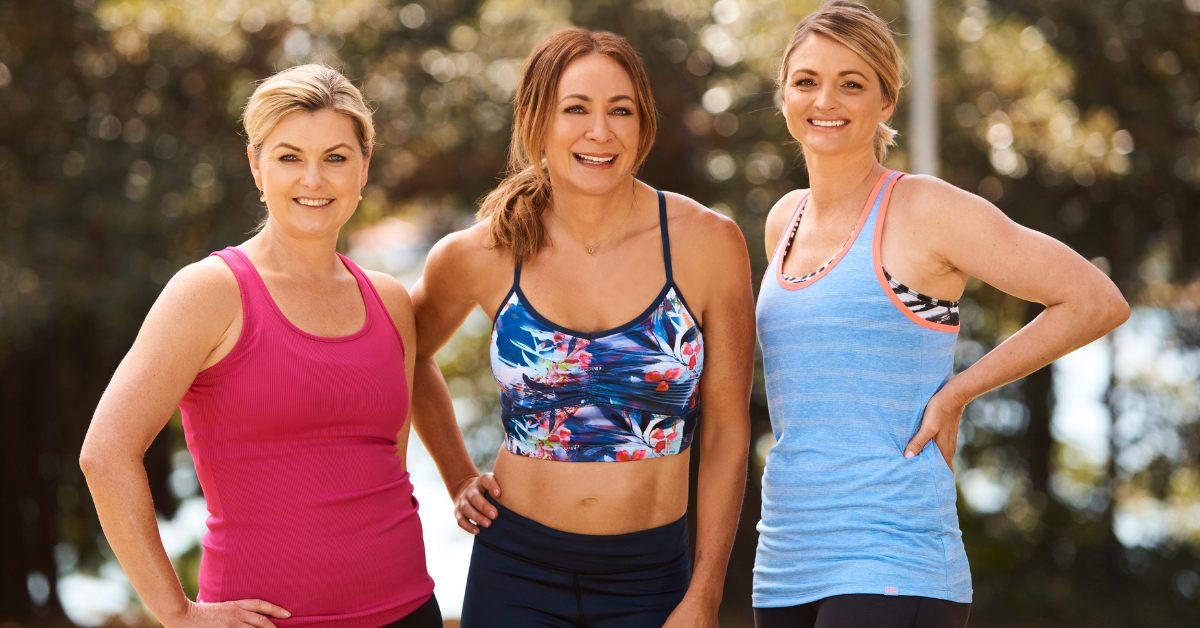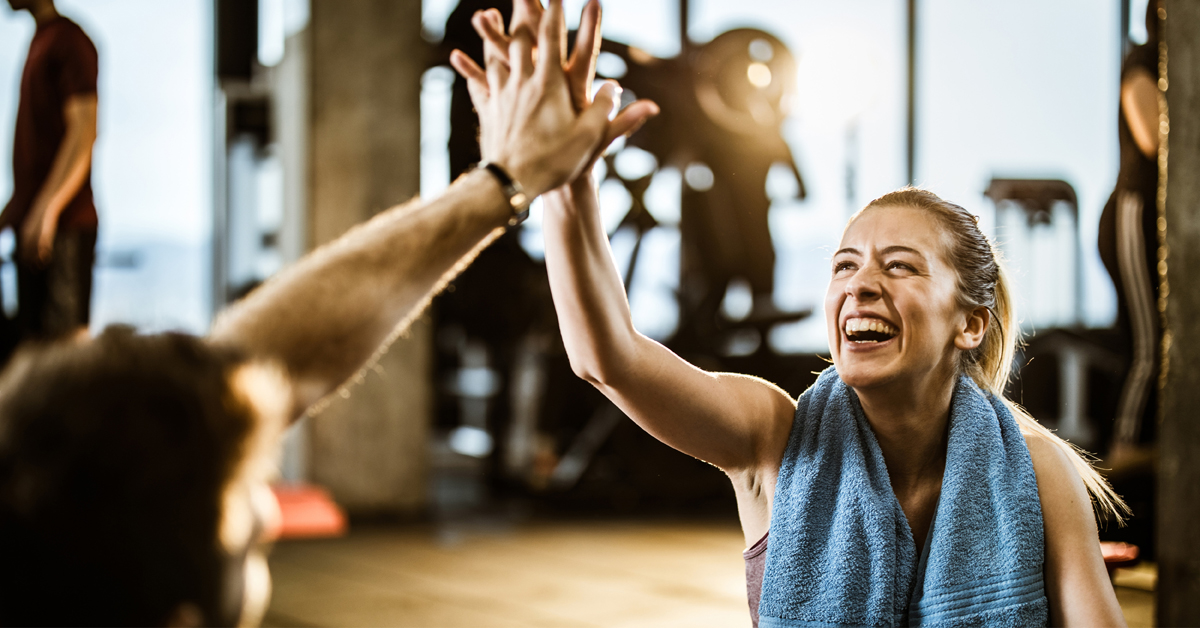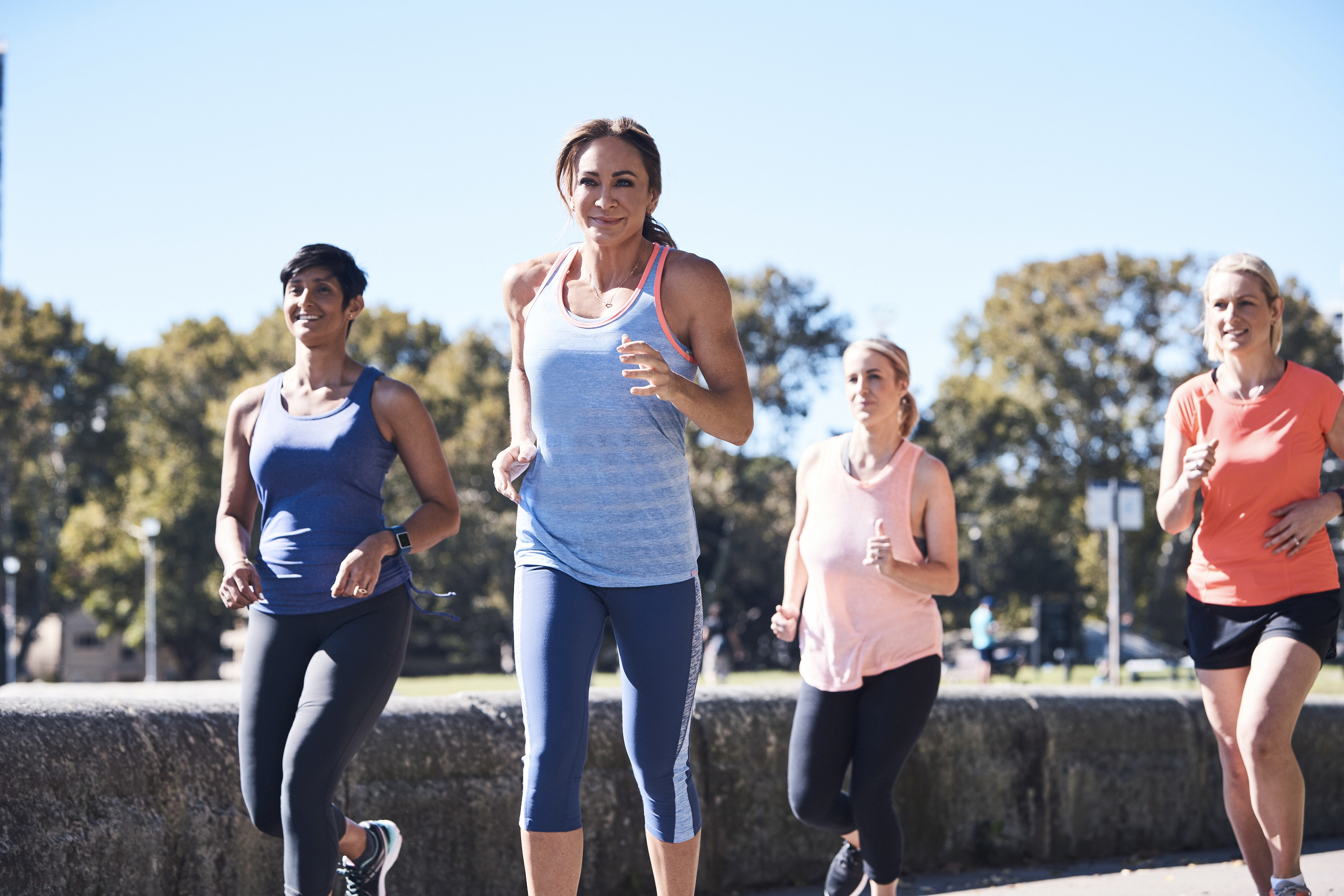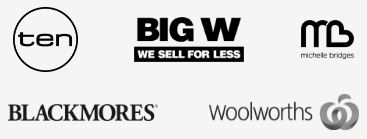How many calories you burn during a workout depends on a number of factors. These include your weight, your current level of fitness, the intensity at which you train, the activity you’re doing and your body fat ratio.
For someone who might be overweight and new to fitness, they are going to burn more calories (especially in those early stages). They are also going to burn more calories than someone who is lighter and fitter. But, as these people lose weight and their fitness improves, it can prove more challenging to reach the same high numbers that they were at the beginning.
Let’s talk about fitness activities
Different types of activities burn different amounts of calories. Cardio activities that involve jogging, running, cycling or HIIT tend to create an elevated heart rate for an extended period of time. This will burn calories at a higher and faster rate. Resistance training burns fewer calories within a workout itself. However, strength workouts are more effective in continuing to burn calories after the workout – often for a number of hours.
Also read: Is Strength Or Cardio Better For Weight Loss
Including weight training into our personal workout regime will also help build lean muscle mass, which burns more calories at rest than body fat. The long term goal to help fire up that metabolic rate is to build muscle.
This is a handy, general guide to consider. Keep in mind, this may vary depending on the type of activity you’ll be completing:
- Women under 100kgs- you may aim to burn 250-400 calories for 30-60 mins
- Women over 100kgs- you may aim to burn 350- 500 calories for 30-60 mins
- Men under 100kgs- you may burn 300-450 calories for a 30-60 mins workout
- Men over 100kgs- you may burn 350-500 calories for a 30-60 min workout
You can see the difference here, between lower and higher body mass and the effect that has on calories burned.
Other factors to consider
Burning calories during a workout can often be a really great indicator of physical effort. But we need to factor in that this is not the only measure of how hard you are working.
For someone who is lean and who has a high level of fitness, their goals may be less about how many calories they burn and more about setting physical goals within a workout. They may aim to complete more reps, sets, increase the weight or speed of an exercise and give themselves less recovery time. That way, regardless of the number of calories they burn, they will always know that they have given their workout, their 100% effort.
Related: Mish’s Fave Workout that Will Burn Calories ALL Day
Often when we are focused solely on how many calories we’re burning, this can have an impact on our nutrition choices. We might think ‘I have burned xx calories therefore I can eat x, y and z’. If weight loss is one of our goals, we want to create a calorie deficit through the number of calories we burn during exercise all while following a healthy eating plan. This will maximise our energy expenditure and ensure we’re choosing the right nutrients to support our energy levels and strength while working out. Overall, try not to ‘eat back’ those calories you’ve burned and you’ll be tracking for great results.
Happy training!
Want to transform how your body feels and moves in 12 weeks? Learn more about our personalised weekly fitness plans tailored to your goals.















